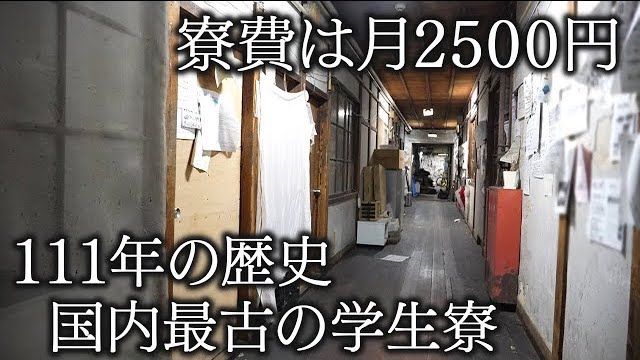Nine years ago, Japan’s health ministry made what many scientists regarded as a terrible mistake.
Pressed by antivaccine activists who claimed debilitating side effects, it stopped recommending that Japanese girls get a vaccine that helps prevent cervical cancer. Now, in what public health officials say is a collateral benefit of the success of COVID-19 vaccines, the ministry has finally reversed its position. On 1 April, it will resume recommending that girls ages 12 to 16 get vaccinated against human papillomavirus (HPV)—“an important signal of confidence in the vaccine and its safety,” says Paul Bloem, HPV vaccine strategy lead at the World Health Organization (WHO).
But part of the damage can’t be undone. A modeling study published in The Lancet in 2020 estimated that the negligible vaccination rate between 2013 and 2019 would result in 25,000 preventable cervical cancer cases and up to 5700 deaths over time. A rapid catch-up campaign for the millions of women who missed their shots—which the government has now pledged to undertake—would only prevent 60% of that toll, the study said, because many of the women have already been infected with HPV. The disease causes nearly 3000 deaths annually in Japan, in part because cervical cancer screening rates are low.
Japan initially embraced HPV vaccines, approving GlaxoSmithKline’s bivalent shot—which protects against the two HPV types carrying the greatest cancer risk—in 2009, and Merck & Co.’s quadrivalent vaccine in 2011. In April 2013, the health ministry added both to the national immunization program and started to recommend vaccination.
But just 10 weeks later, an advisory panel suggested suspending the recommendation after a number of girls reported chronic pain, headaches, motor impairment, and other symptoms after immunization. The ministry complied, and the vaccination rate plummeted from about 70% to less than 1% of those eligible.
Such safety problems had not emerged in clinical trials, and in 2017, WHO’s Global Advisory Committee on Vaccine Safety said an extensive review of studies from around the world indicated the vaccines were “extremely safe.” In Japan, a nationwide survey that same year found unvaccinated girls suffer the symptoms attributed to the vaccines at similar rates as vaccine recipients.
Evidence for effectiveness grew as well. The vaccines were approved because they prevent HPV infection, but by the late 2000s, studies showed they reduced the incidence of precancerous lesions as well. Large studies in Sweden and England, reported in 2020 and 2021, respectively, showed vaccination in the early teen years cut the risk of cervical cancer by age 30 by 87% to 88%. ...continue reading










